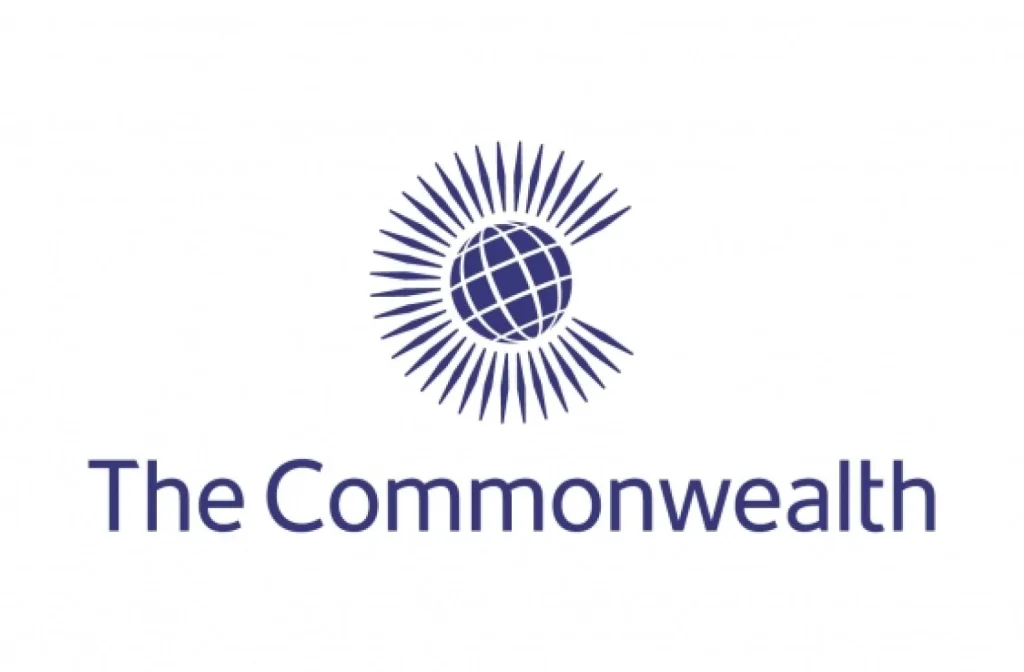On January 13, 2021, Commonwealth Secretary-General Patricia Scotland QC urged Ugandans, particularly political leaders, to uphold peace, tolerance, and inclusivity ahead of the January 14 general election, per Commonwealth Secretariat.
She condemned reported constraints on assembly, intimidation, and election-related deaths, calling for transparent investigations and peaceful dispute resolution, per. Scotland expressed solidarity with victims, citing the Commonwealth Charter’s principles, per.
Violent Election Context
The election pitted President Yoweri Museveni, in power since 1986, against Bobi Wine’s National Unity Platform (NUP). Violence marred the campaign, with 54 killed in November 2020 protests after Wine’s arrest, per Amnesty International.
Internet shutdowns and rally bans in Kampala, citing COVID-19, restricted opposition campaigns, per. Museveni won with 58.6% to Wine’s 34.8%, amid 57% turnout and fraud allegations, per.
Commonwealth’s Limited Influence
By August 2021, Uganda’s electoral fallout persisted, with Wine under house arrest and NUP rallies banned, per. Scotland’s call for investigations went unheeded, as no independent probe into the 100+ deaths occurred, per Human Rights Watch.
The Commonwealth, referencing Uganda’s 2007 Munyonyo Statement on tolerance, lacked enforcement power, with no sanctions proposed, per. Uganda’s 48% poverty rate and 15% youth unemployment fueled unrest, per World Bank.
Critical Analysis
Scotland’s statement, while aligning with the Commonwealth’s 1962 support for Uganda, failed to address systemic issues like electoral commission bias, with 60% of voters distrusting it, per Afrobarometer.
Museveni’s crackdown, including 400 arrests, exploited weak Commonwealth leverage, per. The 2007 CHOGM’s ideals clashed with Uganda’s reality, where 10% of votes were unverified, per. Wine’s youth support (70% urban approval, per Afrobarometer) highlighted a generational divide, but rural loyalty to Museveni prevailed, per.
Path Forward
Uganda needs electoral reforms, including an independent commission, as 65% of Ugandans demand, per Afrobarometer. The Commonwealth should push AU-led sanctions on officials linked to violence, per. Community dialogues, as in 2007’s Civil Paths to Peace, could bridge ethnic divides, per. Addressing corruption ($2 billion lost annually, per) and poverty is vital to curb unrest. Without these, Uganda’s 2026 election risks repeating 2021’s violence, per.






